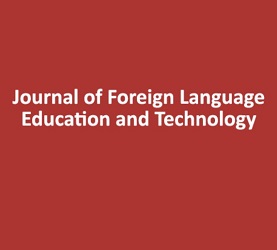Digital Education: A Barrier or A Bridge?
Digital Education: A Barrier or A Bridge?
Author(s): Chu HuaSubject(s): Social development, Health and medicine and law, Inclusive Education / Inclusion, Sociology of Education, Distance learning / e-learning
Published by: Uludağ Üniversitesi - Eğitim Fakültesi
Keywords: Digital Education; digitization; social progress; educational technology;
Summary/Abstract: Optimists have long associated digitization with improved quality of life and social progress, with the Internet democratising and decentralising information, allowing more people to participate in the knowledge society. The same can be stated about educational technology (edtech), notably in the discourse fuelled by edtech providers, which has long lauded learning tools as a way to improve educational access and outcomes. The scientific debate on edtech effectiveness, on the other hand, has been more cautious, warning of uncritical digitalization trends. Although there is some consensus among academics that technology can improve access to information, providers promises are frequently unfulfilled. Furthermore, studies on learning efficacy have been inconsistent, with the conclusion that investing in technology alone will not improve learning. Since 2020, the COVID-19 pandemic and the rapid shift to online learning have increased scrutiny of edtech promises and research. Prior to COVID-19, fully digitised teaching programmes with educational technology integrated throughout the curriculum were uncommon, with only a few institutions, such as open universities, having built fully digital teaching and learning models. Many people believe that the epidemic has expedited the digitalization of higher education and will result in significant and long-term changes.
Journal: Journal of Foreign Language Education and Technology
- Issue Year: 7/2022
- Issue No: 1
- Page Range: 1-3
- Page Count: 3
- Language: English

